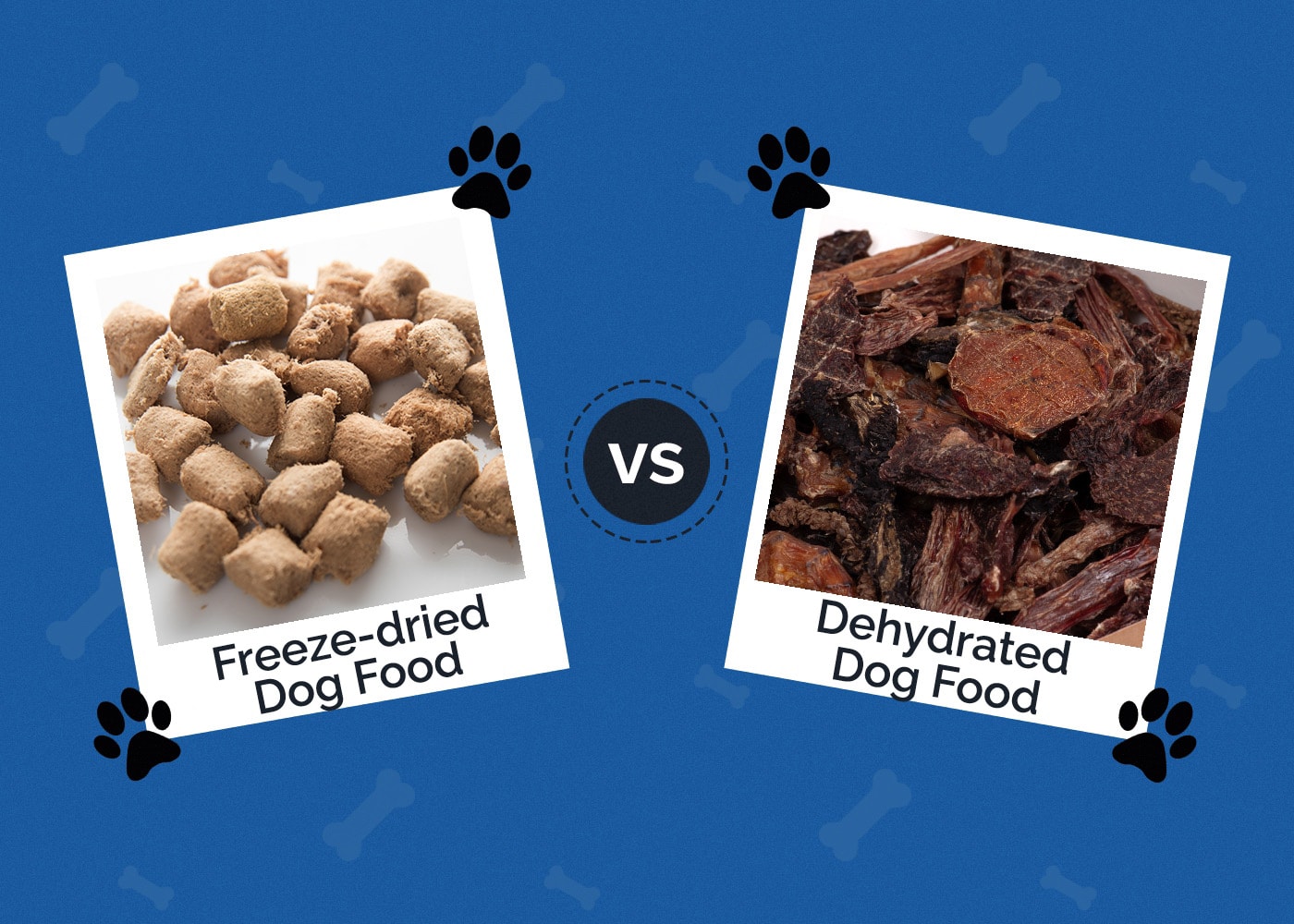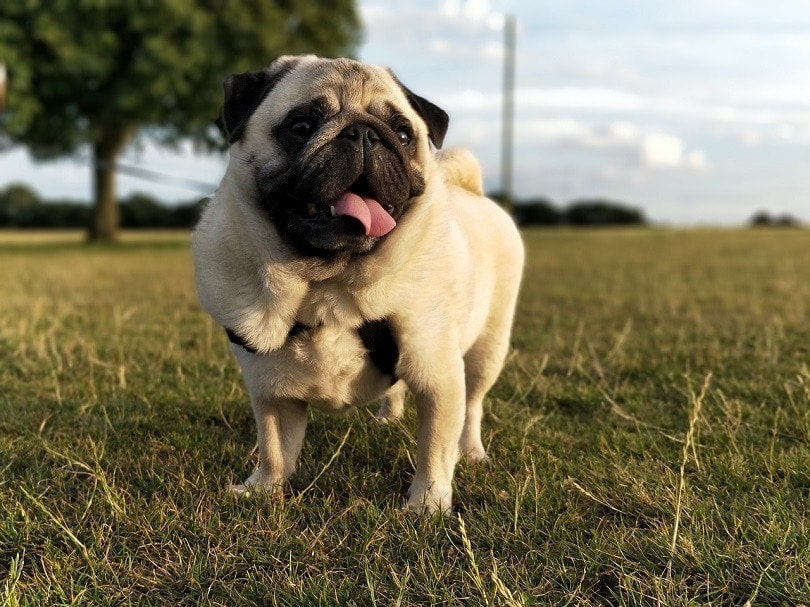15 Dog Breeds Prone to Hypothyroidism: Vet Reviewed Facts

By Misty Layne
Updated on

When adopting a new dog into your household, you want to be sure you know just what you’re getting into. Part of that is learning about the breed’s personality and what kind of care is needed; a bigger part is becoming knowledgeable about any potential health issues that might arise for your new pet. Unfortunately, a big concern in several dog breeds is hypothyroidism.
But which dog breeds are the most prone to developing this condition? To save you the research time, we’ve put together a list of the top 15 dog breeds prone to hypothyroidism. Take a look below to see if your pup is on the list!
What Is Hypothyroidism?
The thyroid1 is a gland found in a canine’s neck and is responsible for producing several hormones that play an essential role in the metabolic process. Think of it as the body’s thermostat. If the thyroid stops producing hormones at the needed levels, problems arise. Hypothyroidism happens when the thyroid produces less than normal amounts of these hormones, resulting in a slowdown of the metabolism.
Why does hypothyroidism occur? In most cases, it’s due to the destruction of the thyroid gland from idiopathic atrophy or lymphocytic thyroiditis. However, in a few cases, this destruction can result from cancer or other issues.
While there is no cure for hypothyroidism, it is a manageable disease.
 The 15 Dog Breeds Most Prone to Hypothyroidism
The 15 Dog Breeds Most Prone to Hypothyroidism
Below, you’ll find the dog breeds most likely to develop hypothyroidism.
1. Alaskan Malamute
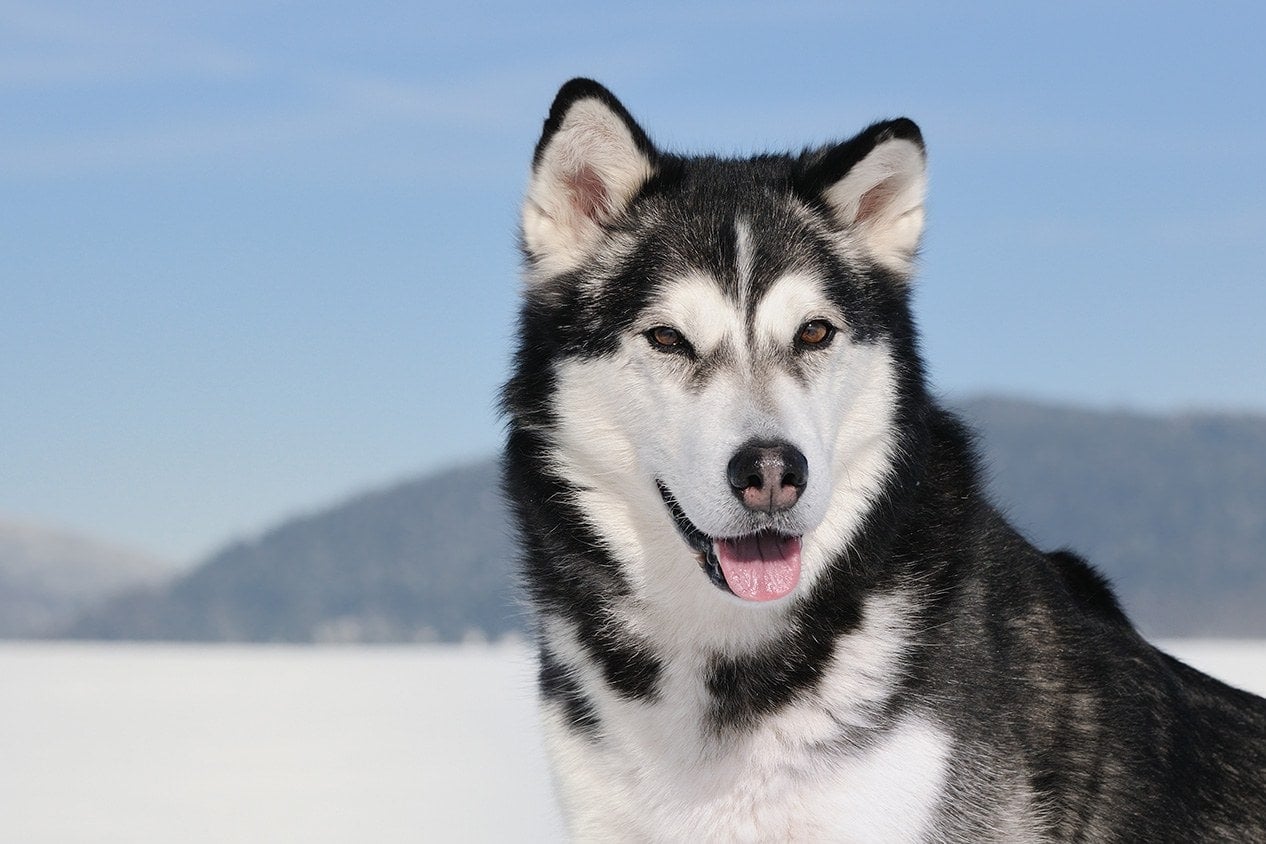
The Alaskan Malamute is one of the oldest dog breeds around. An arctic dog, the breed originated as sled-pullers, hunters, and protectors. While they may seem intimidating, they are also affectionate and playful. According to a study done by the Royal Veterinary College, these pups are among the most likely to develop hypothyroidism.
2. Beagle
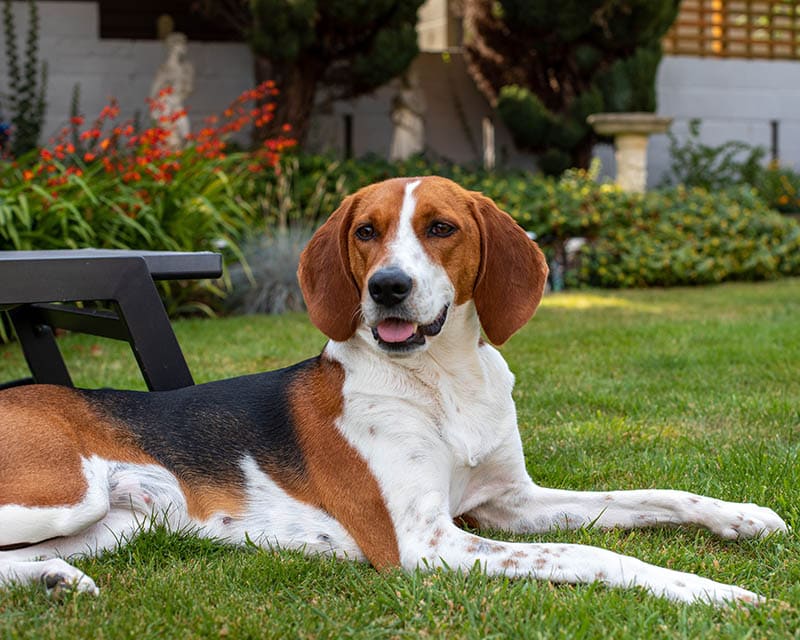
Though bred to be hunting dogs, the Beagle’s cheerful and fun personality has made it a favorite among family pets. These pups are extremely friendly and love hanging out with their people! However, they’ve also long been known as a dog breed predisposed to hypothyroidism (at the least, since 1973). How many Beagles develop this disease, though, is unknown.
3. Boxer

This friendly and energetic breed has charmed its way into many hearts. Known to be highly intelligent and brave, the Boxer also has a sweet, affectionate nature that makes it a lovely pet. But it, too, came out in the top tier of dogs most likely to develop hypothyroidism in the Royal Veterinary College study mentioned above.
4. American Cocker Spaniel
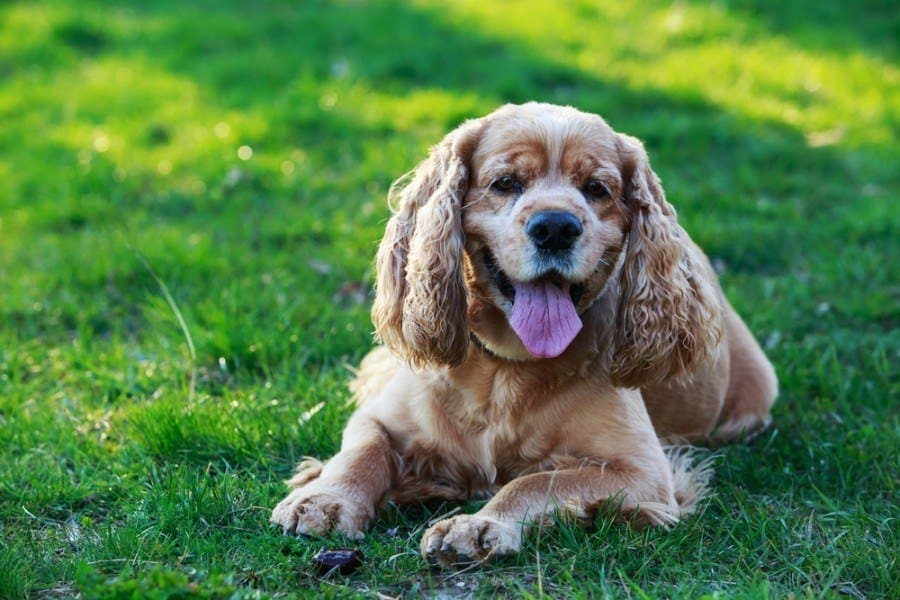
Coming in at #30 on the AKC’s list of most popular dogs, the American Cocker Spaniel is a super friendly, easy-going pup that gets along with almost anyone. Though bred to be a hunting dog, the American Cocker Spaniel has become a beloved family pet for many, and it’s not surprising considering the breed’s playful personality! However the Royal Veterinary College study found that this breed had a higher risk of developing hypothyroidism than other breeds.
5. English Setter
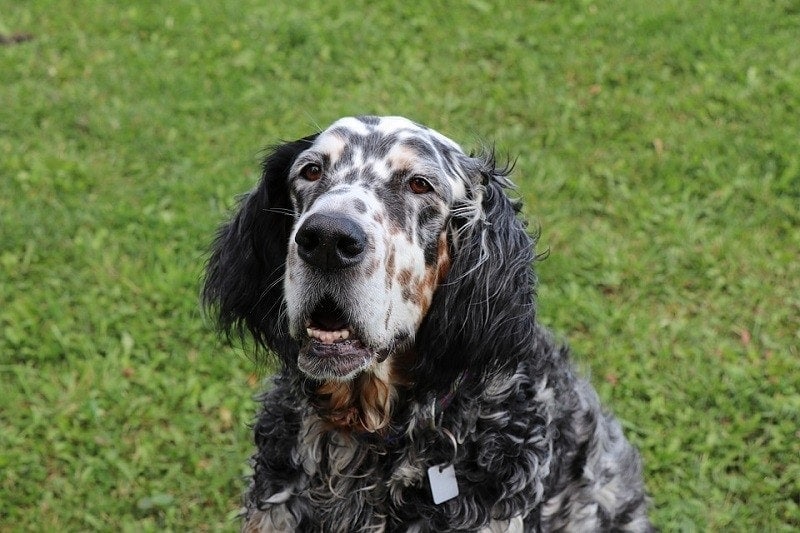
English Setters are an absolutely beautiful breed known for their sweet, mellow nature. Don’t let that mellowness fool you, though! These dogs are also highly energetic and require ample exercise and playtime. They’re also known as a breed prone to developing hypothyroidism, according to Cornell University.
6. Giant Schnauzer
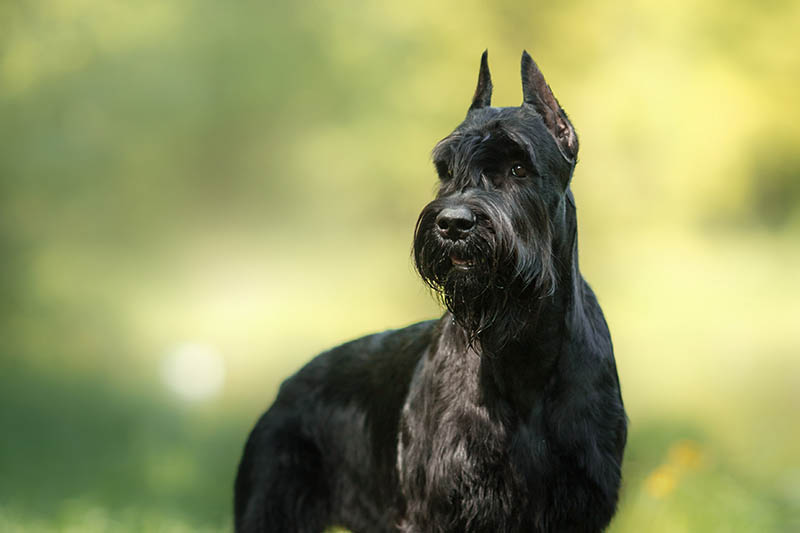
The largest of the Schnauzer breeds originated as a guard dog and livestock herder, then became a military dog. These days the breed is still used for work in the military and police departments, but the Giant Schnauzer also makes an excellent pet. Though playful and friendly for the most part, the breed also has a dominant, stubborn streak. They are also more likely to develop hypothyroidism—autoimmune hypothyroidism, in this case—as they carry several genetic variants.
7. Golden Retriever
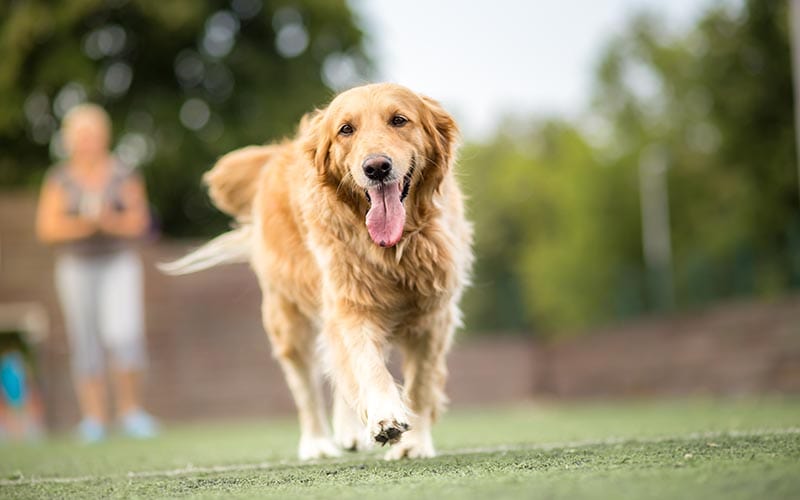
Golden Retrievers may be one of the most beloved dog breeds around. Due to their sweet, loving natures, they make amazing family pets. Plus, they’re smart, easy to train, and naturally desire to please their people. Unfortunately, about 25% of all Golden Retrievers also deal with hypothyroidism.
8. Gordon Setter
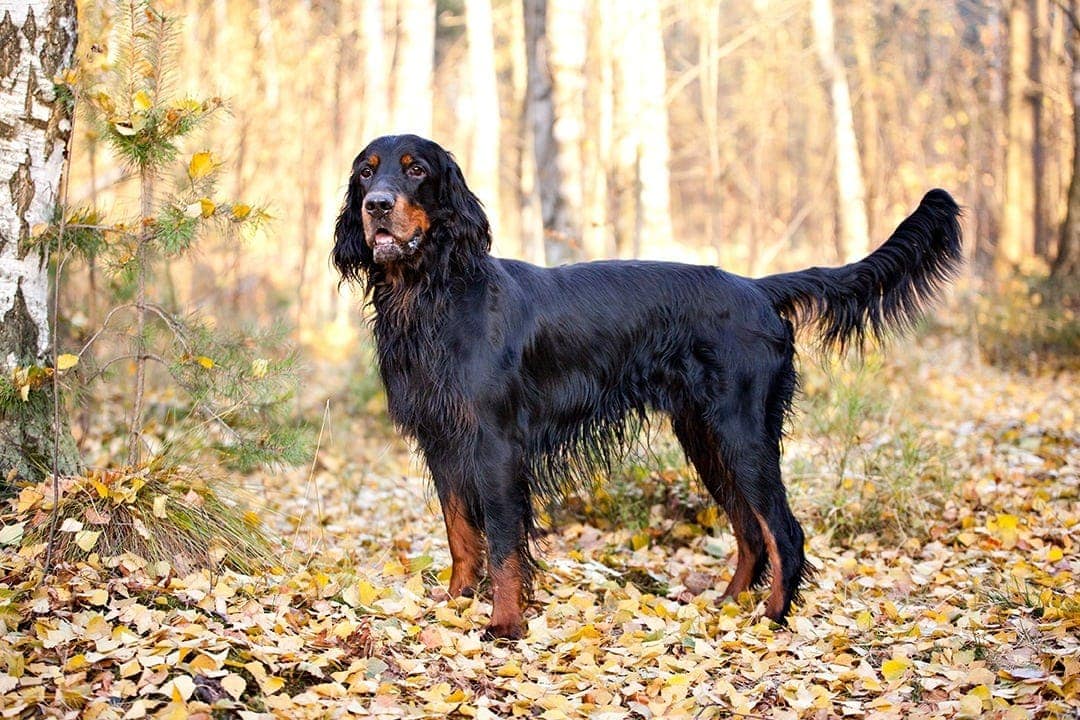
The Gordon Setter is a Scottish breed known for its athleticism. Originally bred as sporting and hunting dogs, these pups aren’t as well known in the United States as in other countries. However, they do make wonderful pets—for the right people. Because they’re extremely energetic and have a strong work ethic, they require a lot of training and exercise. And by the age of 8 years, 2.7% develop hypothyroidism.
9. Great Dane

The Great Dane may be giant, but it’s a gentle one! Despite their large size and background as hunters of boar, these pups firmly believe they are lap dogs. Good-natured, sweet, friendly, and protective of their people, the Great Dane makes for a wonderful family pet. But as a larger breed, they are also more prone to hypothyroidism. And in the case of the Great Dane, hypothyroidism appears to make the breed more prone to myocardial failure, too.
10. Hovawart

This breed, originating in Germany, is known for its protective, devoted, hard-working nature. Because they were bred as farm dogs, this breed makes an excellent addition to farms and homes in rural areas. They also make great companions for those that love being outdoors. However, the Hovawart has a moderate to high risk of developing hypothyroidism, usually caused by lymphocytic thyroiditis.
11. Old English Sheepdog
The Old English Sheepdog is another breed known as a gentle giant. Despite their size, these adorable pups are known for being friendly and cuddly. And, though its coat is long, the breed doesn’t shed much, which is a bonus! Not a bonus is the breed’s predisposition to hypothyroidism.
12. Rhodesian Ridgeback
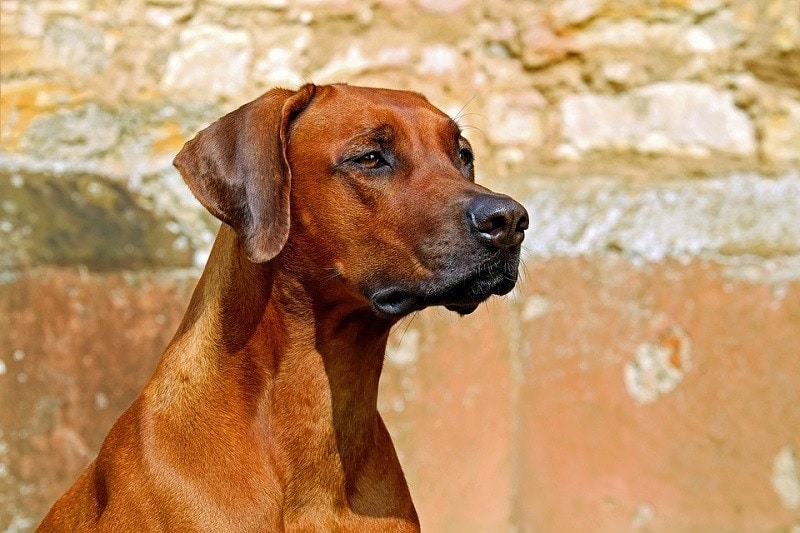
The Rhodesian Ridgeback originated in Africa via Dutch settlers. These hunting dogs are powerful but have an even temperament that enables them to do well as pets (with the right people). The breed is extremely loyal, intelligent, and has a wide stubborn streak. They also have been found to be prone to hypothyroidism (5.7% of Rhodesian Ridgebacks in one study classified as hypothyroid).
13. Siberian Husky
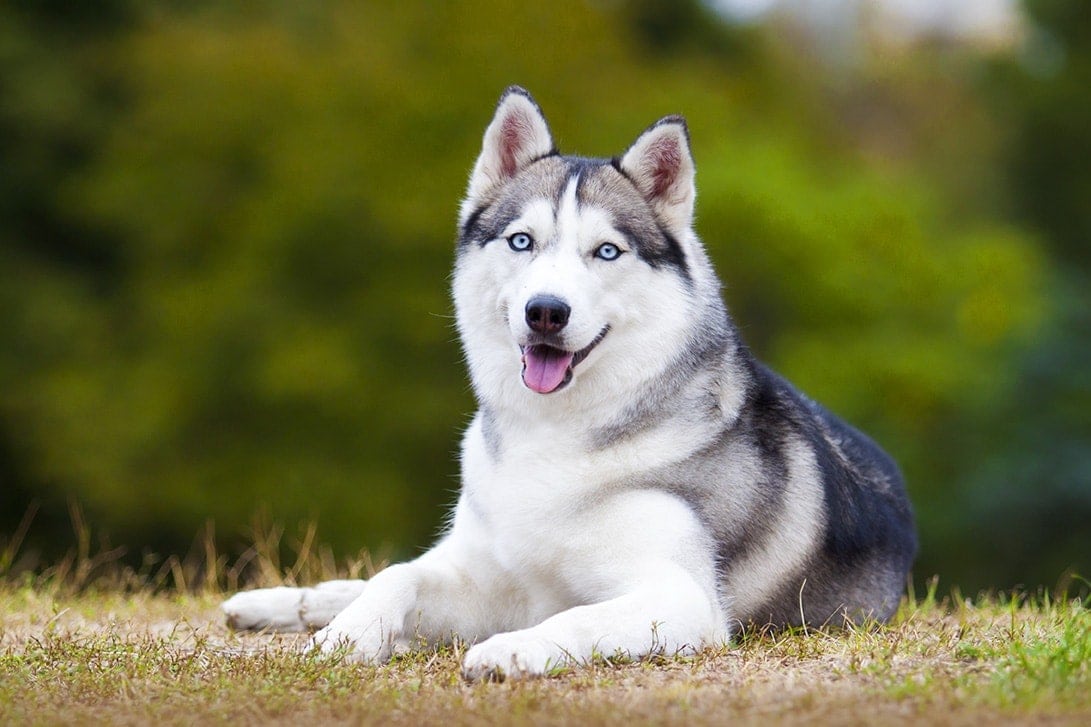
The Siberian Husky is quite similar to the Alaskan Malamute as it is also an older dog breed created for sled-pulling and hunting. A dog that’s on the hyperactive side, the Siberian Husky does better if it has a job; otherwise, they tend to get bored, which can lead to destructive behavior. Also, similar to the Alaskan Malamute is the Siberian Husky’s predisposition to hypothyroidism. According to one study, it was one of the most reported conditions in the breed.
14. Standard Doberman Pinscher
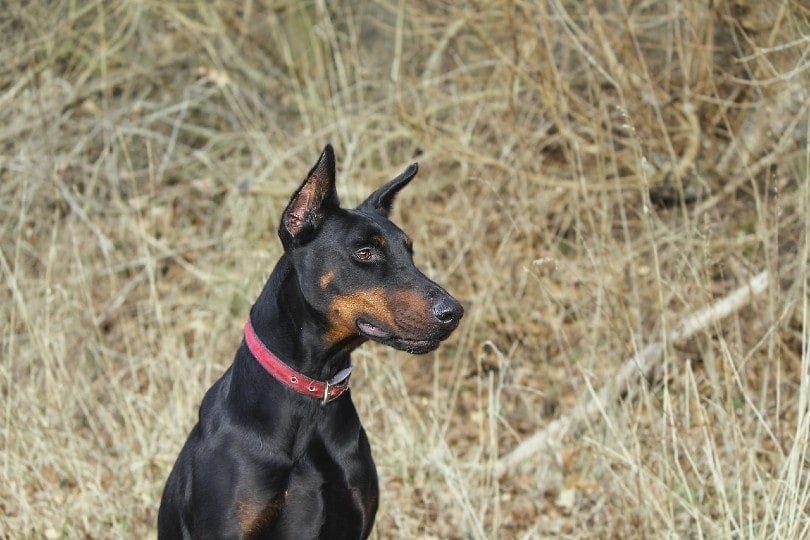
Dobermans get a bad rep, but the breed can make a fabulous family pet. Not only do they make for incredibly loyal guard dogs, but they also make sweet, loving companions. The key with the Doberman is early socialization and plenty of training. You will have to look out for hypothyroidism in the future with these dogs, though, as the Royal Veterinary College study found them to be at the very top of the list of canines prone to the disease.
15. Tibetan Terrier
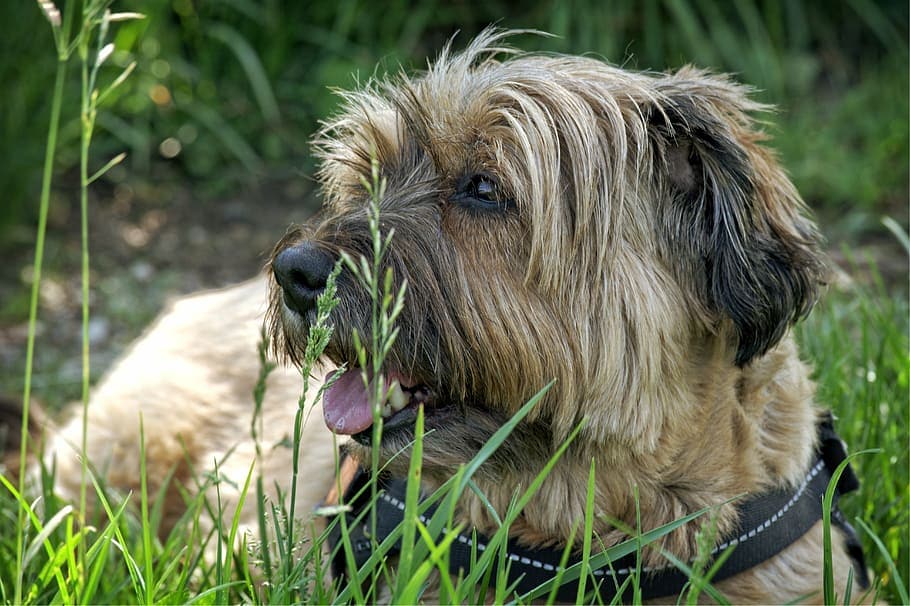
The Tibetan Terrier has been around for at least 2,000 years and absolutely loves being around people. In fact, the dog enjoys human companionship so much that it will get upset when left alone and delve into the nearest mischief it can find as a result. And unfortunately, the breed came in right after the Standard Doberman Pinscher in the Royal Veterinary College study of dog breeds most prone to hypothyroidism.
Conclusion
When looking for a new dog to add to your family, you should be aware of any potential health problems that could arise. Not only do some health issues require a lot of vet care, which is costly, but you want to be sure your new family member is as healthy as can be. Unfortunately, several dog breeds are prone to hypothyroidism, but the good news is that it’s a manageable disease.
Featured Image Credit: Zontica, Shutterstock


 The 15 Dog Breeds Most Prone to Hypothyroidism
The 15 Dog Breeds Most Prone to Hypothyroidism
